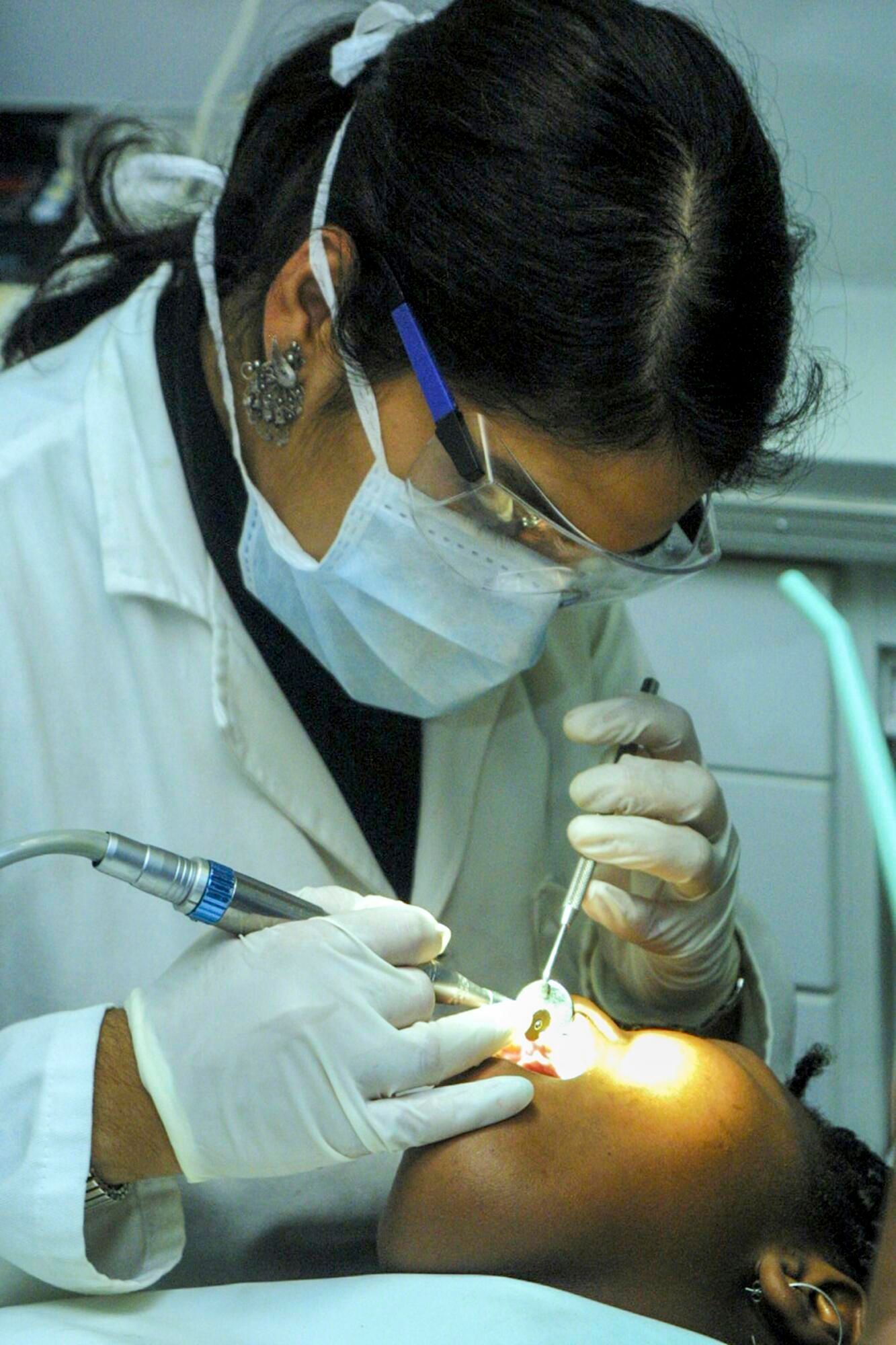Did you know that around 90% of people experience at least one impacted wisdom tooth in their lives? Wisdom teeth can cause a lot of problems for a lot of people. While they can sometimes come in properly, they often don't.
When this happens, they can cause all sorts of problems like pain, infections, and so on. Wisdom teeth removal from an oral surgeon in Lutz, FL, is often the only option. But how can you know if wisdom tooth removal is necessary, and what can you expect from this kind of procedure?
Learn more about it below with this dental guide.
Why Do You Need To Remove Wisdom Teeth?
There are several reasons why you might need to remove your wisdom teeth, and it usually has to do with how the teeth erupt through the gums. Many thousands of years ago, wisdom teeth were helpful for tearing into tough foods. Back then, peoples' mouths were also a bit larger than they are today.
Our smaller mouths likely developed due to the accessibility of softer and more processed foods, so our jawbones and jaw muscles are not as developed as they used to be. For that reason, wisdom teeth are not as necessary as they used to be either.
Even so, we still develop them between the ages of 17 and 25. Because our mouths are often too small for these teeth to come in, these teeth will cause all sorts of problems. Often, wisdom teeth will become impacted.
This means that the wisdom tooth has gotten stuck when trying to erupt. Often, this will happen if the wisdom tooth tries to come in crooked or sideways and instead starts to erupt into a nearby molar. This will cause pain and inflammation in that molar and, if left untreated, the wisdom tooth might even damage the molar.
In more severe cases, an impacted wisdom tooth can cause a serious infection deep inside the jawbone.
The Details
If an infection of this magnitude is left untreated, it can easily spread to the rest of the body, where it can cause serious damage and sometimes even death. Fortunately, this is not a common occurrence since most people go to the dentist long before a serious infection has the chance to form.
Another problem is when the wisdom tooth becomes impacted against the jawbone. This can also cause a lot of inflammation and pain in the area. There is then the case of the wisdom tooth erupting as it's supposed to.
In this case, the tooth may not need to be extracted. However, some dentists recommend that such a tooth be extracted even if it is in good shape. This is because people often have trouble cleaning their wisdom teeth as with their regular teeth since they are so hard to reach all the way at the back of the mouth.
This can increase the risk of those wisdom teeth becoming decayed or infected, which may require them to be removed anyway. For that reason, it may be a good idea to have your wisdom teeth removed ahead of time, even if they erupted properly.
What To Expect From Wisdom Teeth Removal
A lot of people worry that wisdom tooth removal will be very painful, but this is not often the case. This is because your dentist will give you plenty of numbing medication for the procedure. In some cases, you might even be completely sedated so that you'll be unconscious for the procedure.
Whatever the case, you certainly won't be aware of any pain as the dentist is extracting these teeth. Before extracting the teeth, your dentist will likely take an X-ray of your mouth to see where exactly your wisdom teeth are, if they are impacted, and so on. If your wisdom teeth have erupted partially or entirely from the gum line, extraction will be easier.
If the teeth have not erupted and are instead buried under a nearby tooth or in the jawbone, your dentist will have to cut open the gumline in order to dig out the teeth. In severe cases, such as when the teeth are embedded into the jawbone, oral surgery may be required and an oral surgeon rather than an ordinary dentist will need to do this.
What You Need to Know
In the case of a normal wisdom tooth extraction, your dentist will make sure you are properly sedated before trying to remove the teeth. The dentist will loosen the tooth from the gums with a bit of wiggling back and forth before finally removing the tooth. The dentist will then stitch up the hole left behind.
The entire procedure should only take about an hour unless there are complications, in which case it may take longer. While you won't feel any pain during the procedure, you will likely feel pain once the sedative wears off. The treated area will also be sore and may bleed for some time.
You may be provided with pain medication for the first few days of your recovery. After a week or so, you should start feeling a lot better, and the swelling in your mouth should go down significantly.
All About Wisdom Teeth Removal
Wisdom teeth used to be helpful for consuming tough foods, but in modern times, they tend to do more harm than good. Wisdom teeth often become impacted as they try to erupt, which can cause issues such as swelling, pain, and infection. Wisdom teeth removal is often the only solution.
To learn more about wisdom teeth removal in Lutz, FL, contact us here




